Bulgarian-Romanian relations are at a time of upswing, when there is both an international context and political will at a high level in both countries for their development. Almost a year has passed since Presidents Rumen Radev and Klaus Iohannis signed the Joint Political Declaration on Strategic Partnership between Bulgaria and Romania in Sofia (March 15, 2023). Through this document, they committed themselves to closer political interaction, cooperation in the field of security, infrastructure development, including the construction of a new bridge over the Danube at Ruse-Giurgiu, mutual support in the affirmation of Bulgaria and Romania in the EU and in international organizations such as the OECD.
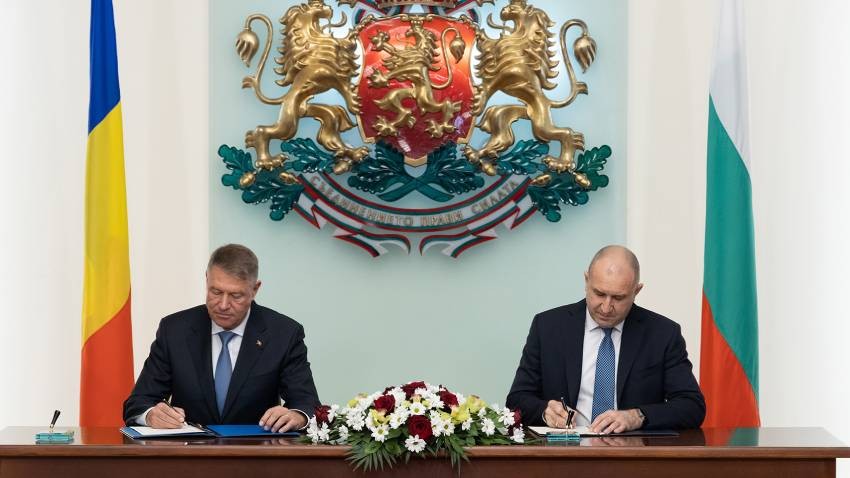
We can perceive as a result the boosting of cooperation between different state institutions, such as the diplomatic institutes or the public-service radios of the two countries. There is also growth in bilateral trade and tourism, but despite the desire of the pro-European elites of the two countries to bring their societies closer together, they are so far facing a lack of ground-breaking initiatives, as well as of people and organizations to play the role of bridges of friendship in bilateral relations. Bulgarians and Romanians still do not know each other enough, have negative stereotypes or prejudices about each other and the change in relations has not yet reached the deeper societal levels. In order to have density and depth, the Bulgarian-Romanian rapprochement needs an increase in the trust and mutual curiosity between the people of the two countries.
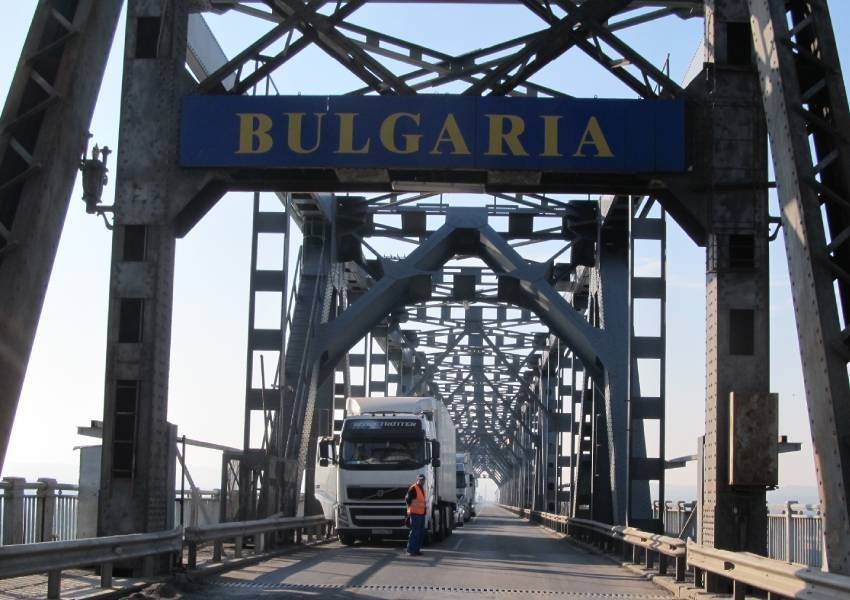
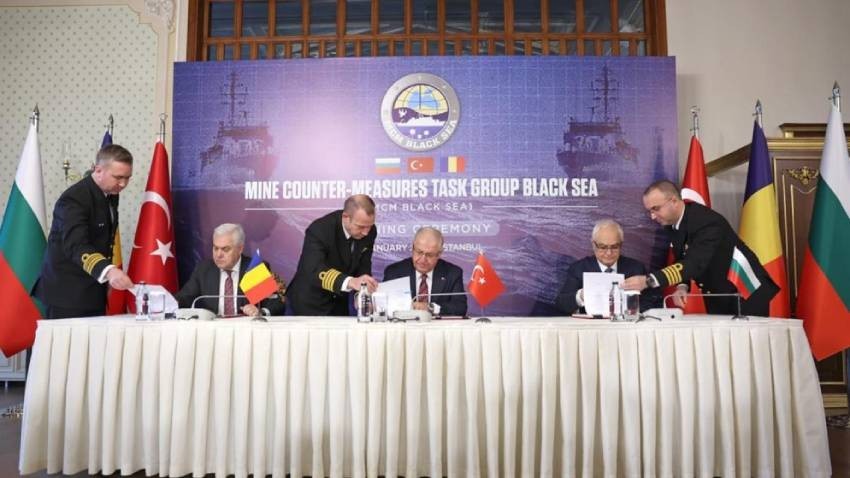
However, there are still various prejudices about Bulgaria in Romania - for example, that it is too closely allied with Russia, that Bulgarian businesses are dubious, Bulgarians simply do not seem particularly interesting to the Romanian elites, who either look almost exclusively to the West, or defend Romanian sovereignty and exclusivity from the nationalism of its neighboring nations. On the other hand, there seems to be an opinion in Bulgaria that Romania is progressing economically, but there is also a great ignorance of the Romanian modern reality, as well as Bulgarian stereotypes, according to which Romanians do not deserve special involvement. The project for an incinerator for medical and animal waste in Giurgiu, for example, has inflamed the old wound from the time of socialism that pollution from Romania will come again to the already problematic air in Ruse.
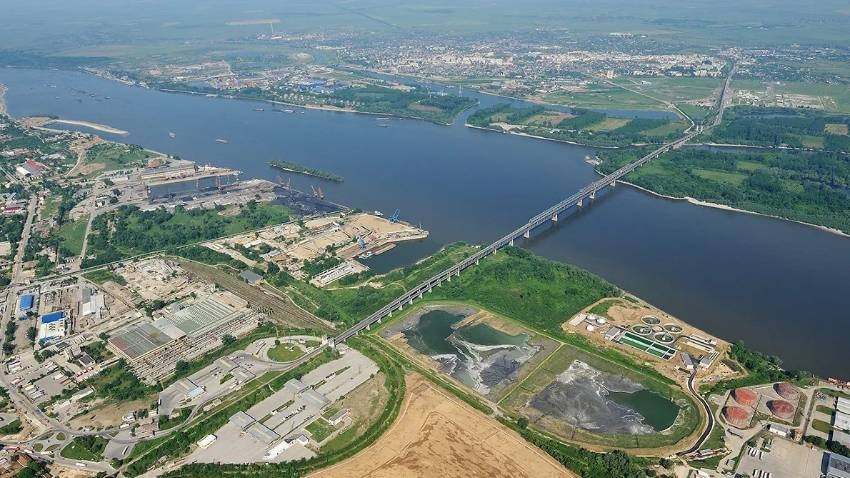
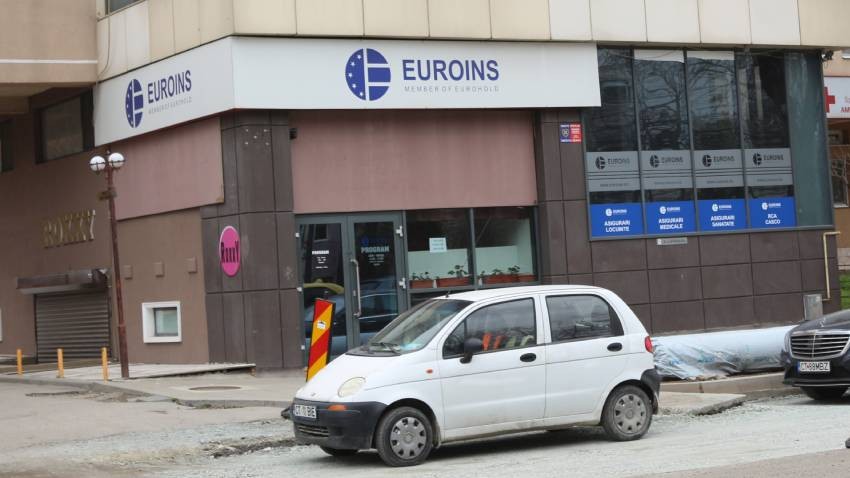
In February 2024, the Romanian state news agency Agerpres reported that Eurohold and EIG had filed claims with the European Court of Human Rights and it was revealed that they were preparing an arbitration claim for more than €500 million in a US-based international arbitration court for damages that they suffered as a result of the actions of the Romanian financial regulator. In September 2023, Libertatea, the leading media that investigated the Euroins scandal, wrote that the debts of Euroins, the former leader in the civil liability segment with 27% of this market, which has been insolvent since June 9, 2023, "currently amount to 600 million lei (120 million euros), but the potential exposure reaches 5 billion lei (1 billion euros), according to an analysis by CITR, the company's judicial liquidator".


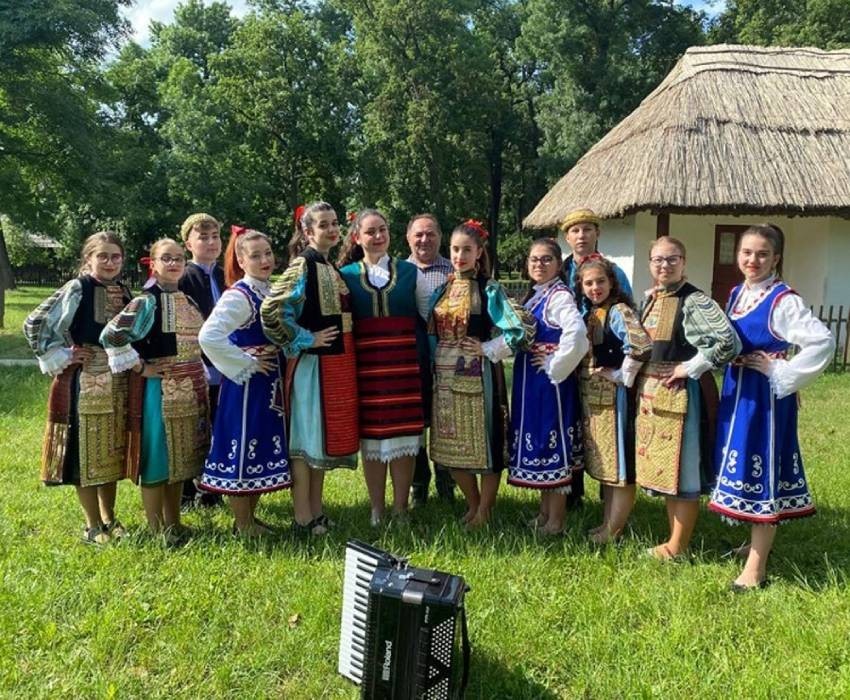
Bulgaria’s National Assembly rejected President Rumen Radev’s veto on the amendments that expand the powers of the special commercial administrator of Lukoil, reported BNR’s correspondent Maria Fileva. The MPs from the ruling majority, supported by..
President Rumen Radev has vetoed the legislative amendments related to the appointment of a special commercial administrator in the Lukoil refinery in Burgas. The head of state said that the amendments undermine the legal order in..
Convulsions Before Multipolarity — a Time When Illusions Are Sacred and Truth Is Heresy is the title of a new book that will be officially presented in early November in Sofia. It explores the agony of a unipolar world, an era of geopolitical..

+359 2 9336 661
